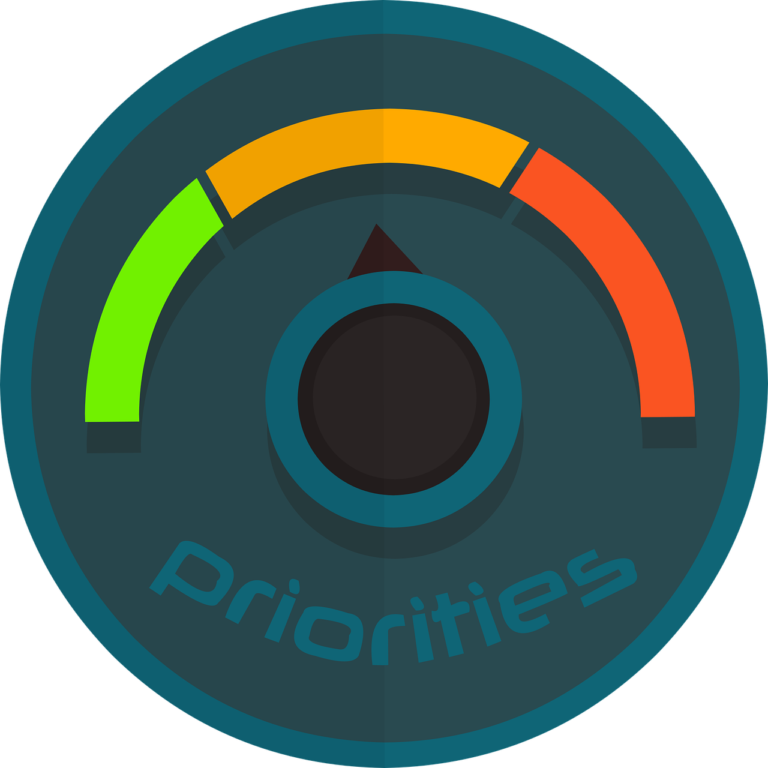
1. Find a comfortable and quiet place to study
As a student, we have to know the secrets so that we can succeed in board exam. It can be hard to concentrate and focus in noisy and distracting environments. So finding a comfortable and quiet place is essential if you want to be successful in your academic pursuits.

First, consider your home environment. Are you living in a house or an apartment? Are there people living with you who could be noisy or distracting? Are there places in your home where you can find peace and quiet without interruption? If so, these can be great spots for studying.
Second, consider your local community. Are there any areas nearby that are known for being quiet and serene? Libraries, parks, and cafes may all be good places to find a peaceful and comfortable study environment.
Third, look online for online study spaces. There are websites and apps dedicated to helping students find remote study spaces or places to rent for a few hours or even a day. You can also look for virtual study groups or online classes that offer a quiet and comfortable place to study.
2. Make a study schedule and stick to it.
For students, the Second secret to succeeding in board exams is that you know that the best way to get good grades is to have a study schedule you can stick to. But it can be harder than it sounds – especially when there are so many other things competing for your attention.

First, let’s talk about how to make a study schedule. Start by looking at what your school week looks like. Make a list of all the classes or subjects you’re studying, and set a time for each one that you can commit to. Then, take a look at your extracurricular activities and other commitments, and make sure that you have time to include these in your schedule. Once you have a plan for your week, tweak it if you need to, and make sure that it works for you. Don’t forget to include breaks in your study schedule – you’ll need them to stay refreshed and motivated!
Now that you’ve laid out your study schedule, the next step is to stick with it. Here are a few tips to help you stay on track:
• Don’t be too hard on yourself – if you have a bad day, don’t give up. Just adjust your schedule accordingly and you’ll be back on track in no time.
• Set up rewards for yourself. Completing a task or studying for a certain amount of time can be its own reward, but it can also help to have something tangible to look forward to at the end of the week.
• Place reminders around your study area. Posters, sticky notes, or even a calendar all help to remind you of what you need to do.
• Ask for help from your family, friends, and teachers. It can be difficult to keep up with a study schedule, so don’t be afraid to ask for help when you need it.
Follow these tips and you’ll be on your way to success!
3. Prioritize and focus on the important topics first
First off, it’s important to identify the key points that need to be learned for board exam point of view . Make a list of all the topics you need to cover and rank them from most to least important. This way, you can ensure that you’re focusing on the topics that are most important.

Another key strategy is to break down tasks into smaller, more manageable chunks. By breaking down big tasks into smaller parts, it’s easier to stay focused and avoid procrastination. It’s also important to take regular breaks while studying. Taking regular breaks can help keep you focused and on-task.
Finally, reward yourself for finishing tasks or studying for long periods of time.
4. Create a list of potential questions that could show up on the test
Whether you’re studying for a high school board exam , a college exam, or any other type of test, understanding the kinds of questions that could be asked on that test is the key to success.

Tips:
Now that you know what types of questions to expect, let’s look at some tips for answering them. For multiple-choice questions, it’s important to read through each answer and select the one that best fits the question. For True/False questions, be sure to read the entire question and double-check your answer. For Fill-in-the-Blank questions, pay attention to grammar and spelling. Finally, for Essay questions, make sure to answer the question in a complete Sure! Finally, for Essay questions, make sure to answer the question in a complete and concise manner. Focus on providing sufficient information and evidence to support your answer.
5. Find a study buddy or group for extra help and support
Studying alone can be difficult and overwhelming specially during board exam. Having someone to help you out can be really helpful. With a study buddy or group, you can share ideas, work together to figure out challenging concepts, and stay on track. Plus, it’s just more fun when you have someone to work with!

Finding a study buddy or group can be difficult. It’s important to make sure you find people who have similar goals and interests. You may already have some people in mind from school, but if not, there are plenty of websites and forums, as well as social apps like Discord, where you can find study groups.
6. Change up your studying routine to avoid boredom
We all know how hard it can be to stay motivated and focused when studying for long periods of time. That’s why it’s so important to change your studying routine from time to time during board exam.

Here are some ways to add variety and keep things interesting:
1. Change up your study environment. Whether you’re studying in your bedroom, at the library, or in a cafe, changing up the atmosphere can make all the difference.
2. Get creative with your study materials. Use posters, markers, and even online tools to help you study in more creative and engaging ways.
3. Take mindful breaks. Make sure to get up and move around every few hours to give your mind a break.
4. Incorporate games into studying. If you’re studying a language, try making flashcards into a game or challenge yourself to answer questions within a certain time limit.
5. Reward yourself. Set goals for yourself and reward yourself for reaching them, whether it’s with a snack or a break.
7. Get enough sleep each night during board exam
Sleep is an essential component of learning. When we don’t get adequate sleep during board exams, our studying suffers. Studies have shown that getting seven to eight hours of sleep per night can help us retain more information and be more focused during study sessions.

So how can you make sure you get enough sleep each night? First, try to maintain a consistent sleep schedule by going to bed and waking up at the same time each day. That way, your body will know when it’s time to sleep. Next, create a calming nighttime ritual that helps you relax and prepares you for bed. And finally, turn off all electronics and disconnect from social media for at least an hour before bedtime to ensure that nothing distracts you from getting a good night’s rest. Additionally, if you find yourself having trouble sleeping, try taking a warm bath or shower, avoiding caffeine or sugary drinks after 4 pm, and limiting your naps during the day. Getting enough sleep each night is key to successful and productive studying. With these tips, you’ll be able to get the rest you need and hit the books with the energy and focus you need for success.
Conclusion:- If you liked the above post comment with us & after the exam confusion about what career to choose then Contact Us to Skyrocket your Career Journey with us.

